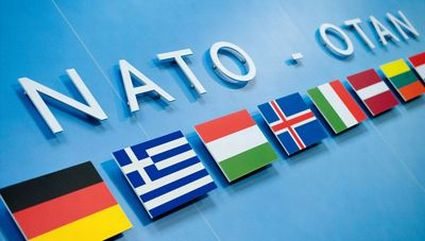NATO defense ministers held discussions in Brussels today on the alliance’s “Smart Defense” initiative and how to provide security during tough financial times, NATO Secretary General Anders Fogh Rasmussen said.
Rasmussen briefed reporters on the defense ministers’ consultations, in which Defense Secretary Leon E. Panetta is participating.
“This is one of the most urgent challenges facing our alliance today,” Rasmussen said, noting that during May’s summit in Chicago, the alliance’s heads of state and government endorsed the program for the NATO militaries to work together more closely.
“Today, we took stock of the progress we have made, and we discussed the work which lies ahead,” he said.
Because NATO nations must work together to develop and field technologies and capabilities that one country alone cannot afford, the summit yielded a list of more than 20 multinational projects “that will give allies more capabilities, more effectively,” Rasmussen said.
Smart Defense includes projects related to use of intelligence, surveillance and reconnaissance assets, and it also looks toward improving joint logistics and maintenance. Other projects stress better force protection and better training.
Since the Chicago summit, Rasmussen said, NATO has kept up the Smart Defense momentum, agreeing to two more projects. “Over the coming months, I would expect us to agree to around 10 more, and dozens more ideas are under consideration,” he added.
The effort reaches across the alliance, and all are involved. The secretary general stressed that the European allies are playing a central role in Smart Defense. “European countries are involved in every one of the 24 projects we have set in motion so far,” he said. European nations are leading two-thirds of the projects, and one-third of the projects are purely European, he said.
The interest shows European allies are aware of their security responsibilities and are looking for smart ways to strengthen the alliance, the secretary general said.










